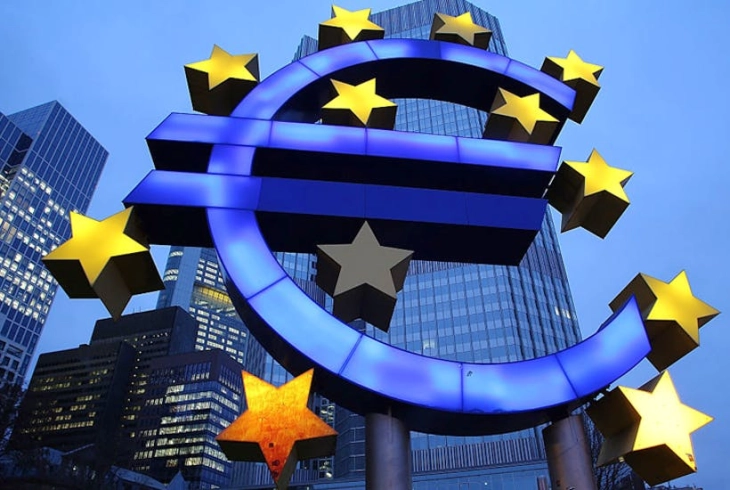EU Commission says Croatia is ready for the euro in 2023
- Post By Magdalena Reed
- 17:48, 1 June, 2022

Brussels, 1 June 2022 (dpa/MIA) — Croatia has met all the conditions to become the 20th country to use the euro currency, the European Commission said on Wednesday.
"Today, Croatia has made a significant step towards adopting the euro, our common currency," European Commission President Ursula von der Leyen said in a statement.
Croatia wants to replace the kuna with the euro starting in January, roughly 10 years after it joined the bloc in July 2013.
Countries joining the European Union are obliged to use the euro currency, but do not automatically receive permission to do so. They must first fulfil a range of legal and economic criteria.
Denmark, having been a member of the bloc prior to the 1992 signing of the European treaty that laid the foundation for the euro currency, is the only country that secured the right to keep its currency, the krone.
Sweden, legally obliged to join the currency, abandoned plans to do so after a referendum failed to receive the public's support.
The test for a country's admission to the euro area requires a low government deficit along with stable inflation and exchange rates between their national currencies and the euro.
In a report published on Wednesday, the commission found that Croatia now fulfils every criteria for replacing the kuna with the euro.
The country's 12-month inflation average was at 4.7%, slightly below the assessment's threshold.
Croatia's budget deficit was at 2.9% of its gross domestic product (GDP) in 2021 and is expected to decline to 2.3% in 2022.
EU countries are usually bound to a 3% deficit limit, although the rule is currently suspended until 2024 to facilitate public investments to cushion the economic fallout from the Covid-19 pandemic.
Croatia entered into an agreement with the European Central Bank (ECB) in 2020, setting the central rate of the Croatian kuna to the euro, ensuring a stable exchange rate.
The Balkan nation's long-term interest rate is also within the commission's limit for euro candidates.
Despite the overall positive assessment of the the country's progress, Croatia still has relatively high public debt, close to 80% of GDP in 2021. There is also still a need to fight corruption and reduce red tape for businesses, according to the commission's findings.
Resources provided to Croatia from the EU's Covid-19 recovery fund should be used, amongst other things, to tackle low employment and address the quality of education, the commission said.
The European Parliament as well as the 27 member states still have to agree to the commission’s proposal. A final decision could be taken as early as July.
The commission's report also looked into the readiness of other EU countries for adopting the euro, namely Bulgaria, the Czech Republic, Hungary, Poland, Romania and Sweden, concluding that no country other than Croatia fulfils all criteria.







